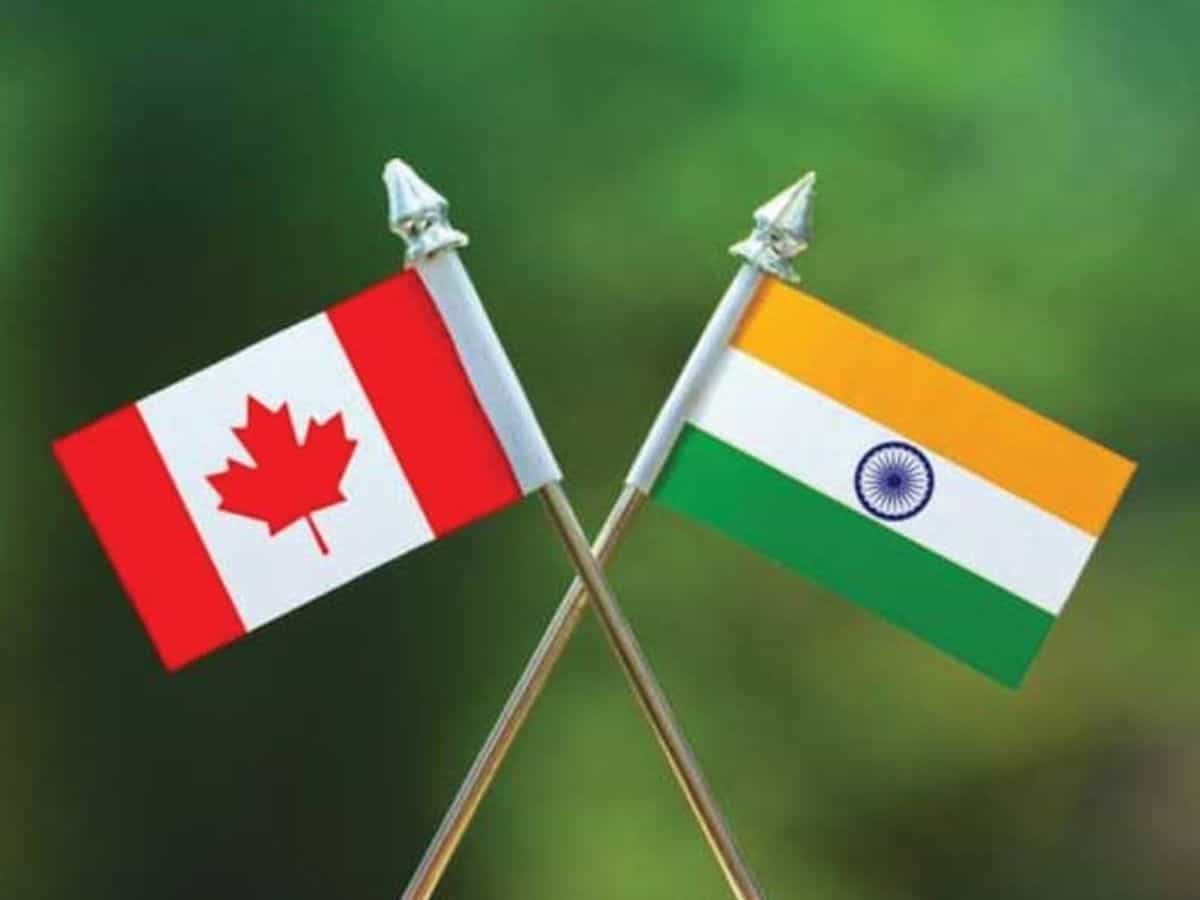
Washington: Terming as “shameless” and “cynical” Canadian Prime Minister Justin Trudeau’s claim of Indian agents’ involvement in the killing of Hardeep Singh Nijjar, an American expert has urged the US not to play into the hands of people who are looking at the Khalistani movement as a movement for ego, profit and politics.
Tensions flared between India and Canada early this week following Trudeau’s explosive allegations of the “potential” involvement of Indian agents in the killing of Khalistani extremist Nijjar on his country’s soil on June 18 in British Columbia.
India had designated Nijjar as a terrorist in 2020.
India has angrily rejected the allegations as “absurd” and “motivated” and expelled a senior Canadian diplomat in a tit-for-tat move to Ottawa’s expulsion of an Indian official over the case.
Participating in a panel discussion at the Hudson Institute think-tank, Michael Rubin, Senior Fellow at American Enterprise Institute, claimed Trudeau is playing into the hands of people who are looking at the Khalistani movement as a movement of ego and profit.
Nijjar, the chief of the banned Khalistan Tiger Force (KTF), was one of India’s most-wanted terrorists who carried a cash reward of Rs 10 lakh on his head.
What is striking about Trudeau’s “shameless action and cynical action” is that while he’s making a statement now, the killing of Karima Baloch that was carried out allegedly with Pakistani assistance is a police matter and has not been taken to the Prime Minister’s Office, Rubin said.
Baloch, a Pakistani human rights activist found murdered in Toronto. Canadian police took the lead on the case. There were suggestions of the Pakistani government’s complicity.
“So, the question then becomes why the discrepancy if not populist political posturing? … That might help Justin Trudeau in the long term but that’s not what leadership is. We really need our politicians on both sides of the aisle here and in Canada, (there is a) need to be much more responsible because they’re playing with fire,” he said.
It seems, Rubin said, that some outside hands are trying to revive the Khalistan movement.
“I don’t think it will work,” he said, adding he would not want the US to give legitimacy to this sort of “cynical manoeuvres by outside powers”.
“It would be a mistake to suddenly see a separatist movement and argue that this is legitimate. And I worry less so with the United States but more so with what we see in Canada right now with Justin Trudeau, that same knee-jerk reaction playing into the hands of people who are looking at the Khalistani movement as a movement for ego, a movement for profit and for politics,” he said.
Jassee Singh, founder and chairman of Sikhs of America, said the Khalistani movement does not represent the voice of the majority of Sikhs in the US.
“Sikhs in India are not in favour of Khalistan. Today, Sikhs are in the Indian Army defending the nation, whether it’s against China or Pakistan,” he said.
“There are one million Sikhs living here (in the US) and only a few of them, a very, very small percentage shows up for protests demanding Khalistan,” he said.
Dinsha Mistree, research fellow at the Hoover Institution, said if Canada keeps pushing this narrative, then “we can see some big challenges there”. He also underlined the importance of intelligence sharing.
“For me, it is just very surprising. Again, the San Francisco consulate is not too far away. I don’t think any arrests have been made since this consulate was vandalised twice. If you don’t stop these smaller things, (then there is a) danger that they might snowball into bigger things,” he said.
In July, India’s consulate in San Francisco came under attack from Khalistan supporters, who tried to set the diplomatic facility on fire, in the second such act of violence within months.
A video by Khalistan supporters, dated July 2 posted on X, showed the act of arson at the Indian Consulate. The video, with the words “violence begets violence” emblazoned over it, also showed news articles related to the death of Nijjar.
Separately, Rubin while writing in The National Interest, an American bimonthly international relations magazine, said President Joe Biden is right to avoid giving immediate support to Trudeau.
“Trudeau is cynical. Sikh activists are influential in key swing districts for the forthcoming election,” he said.
Trudeau might simply have wanted to change the domestic political conversation when he accused India, without recognising that he would create a diplomatic incident, Rubin wrote.
The US-India relationship is simply too important to sacrifice for the venality of a Canadian politician who increasingly shows himself to be shallow and unserious, he added.
Trudeau said Canada has shared with India evidence of “credible allegations” about the involvement of Indian agents in the killing of Nijjar many weeks ago and wants New Delhi to “commit constructively” with Ottawa to establish the facts on this serious matter.
